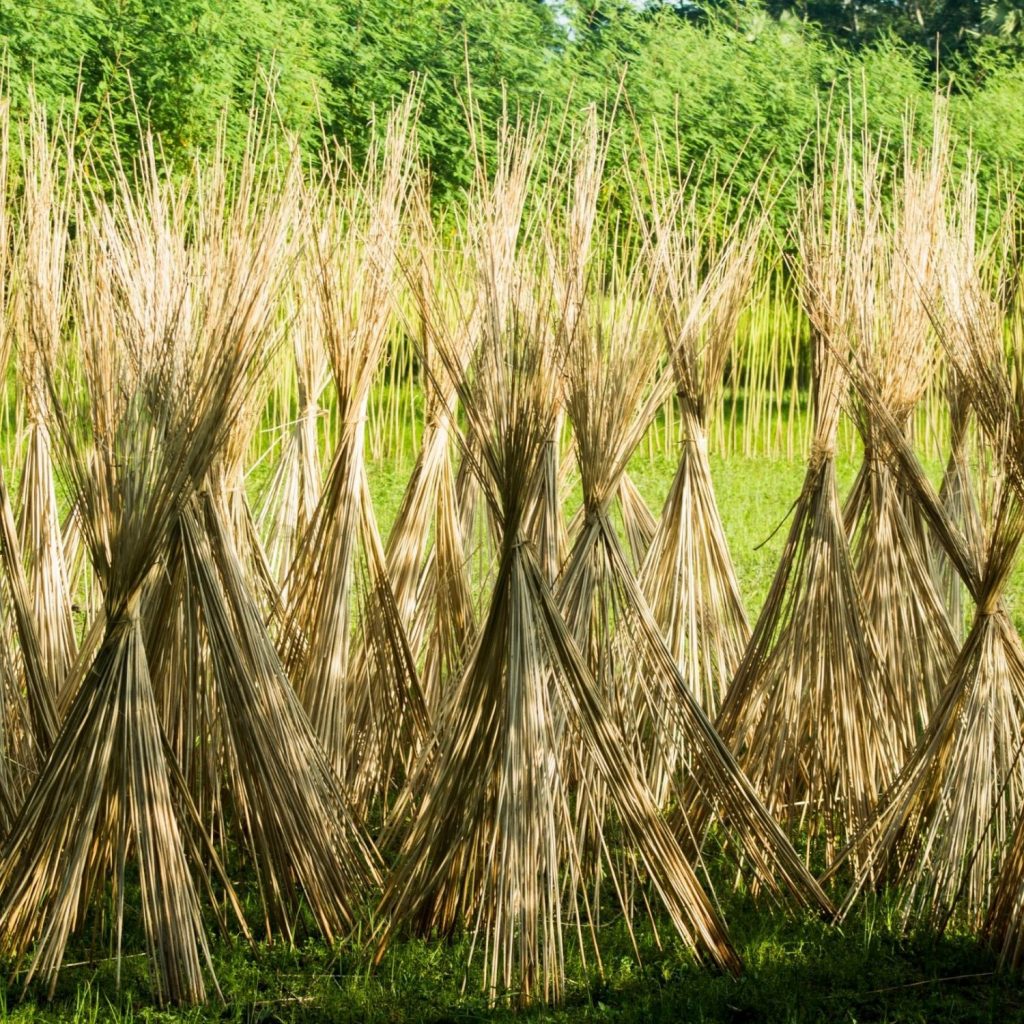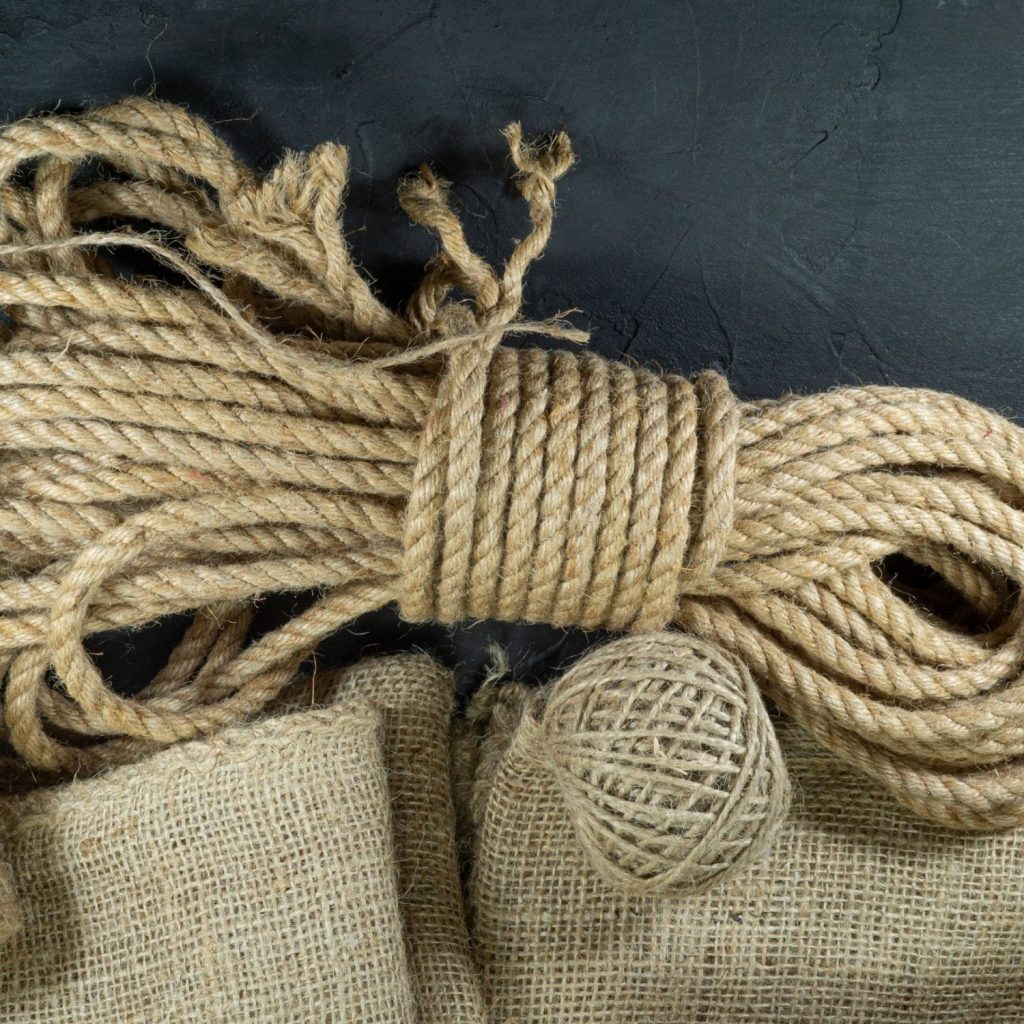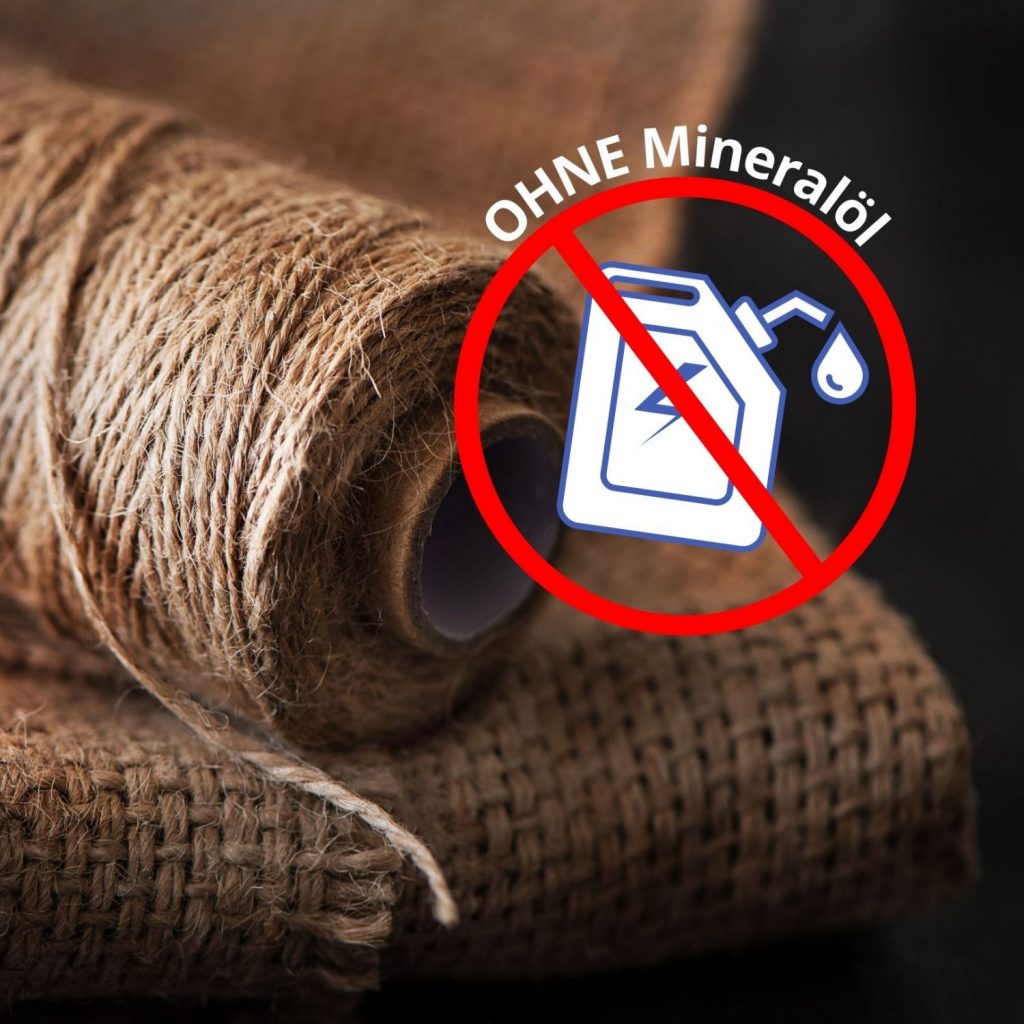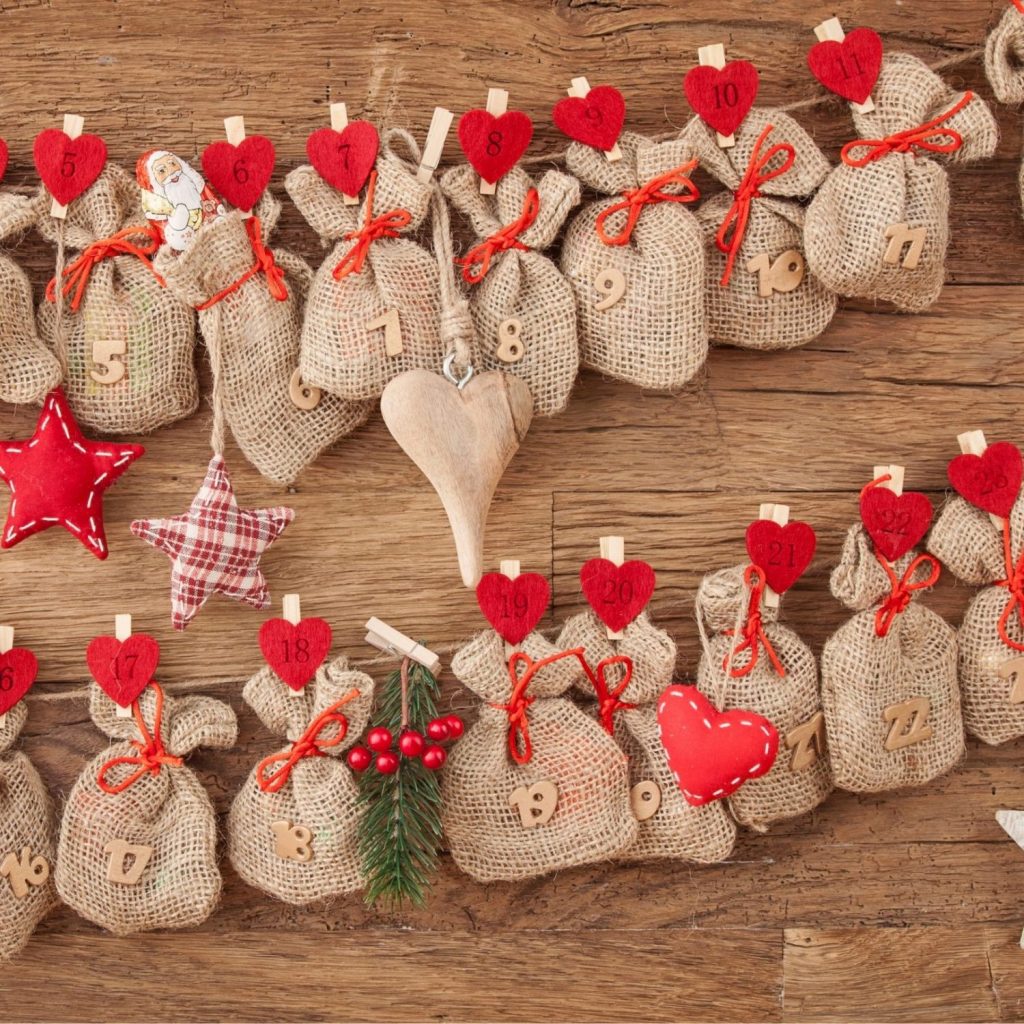Support:
+49 (0) 89 24418362

Jute bags - natural, sustainable, plastic-free
-
Paper Bag / Paper Carrier Bag 26 x 17 x 26 cm Brown
Original price €27,99Original pricefrom €27,99€23,52€27,99Current price €27,99250 item | €0,11 / itemDiscover sustainable solutions for transport with our environmentally friendly paper bag! Our brown paper bag with handle offers a high load-be...
View full details -
Paper Bag / Paper Carrier Bag 32 x 22 x 26 cm Brown
Original price €44,93Original pricefrom €44,93€37,76€44,93Current price €44,93250 item | €0,18 / itemEnvironmentally friendly brown paper carrier bags Our brown paper carrier bags are particularly robust and have a high load capacity, making the...
View full details -
Paper snack bags - kraft 15 x 16 cm open on 2 sides
Original price €15,83Original price€15,83€13,30€15,83Current price €15,831,000 item | €0,02 / itemWith our snack paper bags made of environmentally friendly, brown kraft paper, your snack is perfectly protected from external influences and stays...
View full details -
Paper snack bags - Print "Newspaper" 15x16cm - 1000 pieces
Original price €28,90Original price€28,90€24,29€28,90Current price €28,901,000 item | €0,03 / itemPack your snacks stylishly and environmentally friendly with our paper snack bags! Our snack bags made of environmentally friendly brown kraft ...
View full details -
Paper hot dog pouch - white 9 x 21 cm
Original price €34,99Original price€34,99€29,40€34,99Current price €34,992,000 item | €0,02 / itemWith our hot dog bags made of environmentally friendly, white kraft paper and stylish print, your hot dogs and sausages are perfectly protected fr...
View full details








 Jute is obtained from the conchorus plant.
Jute is obtained from the conchorus plant.











